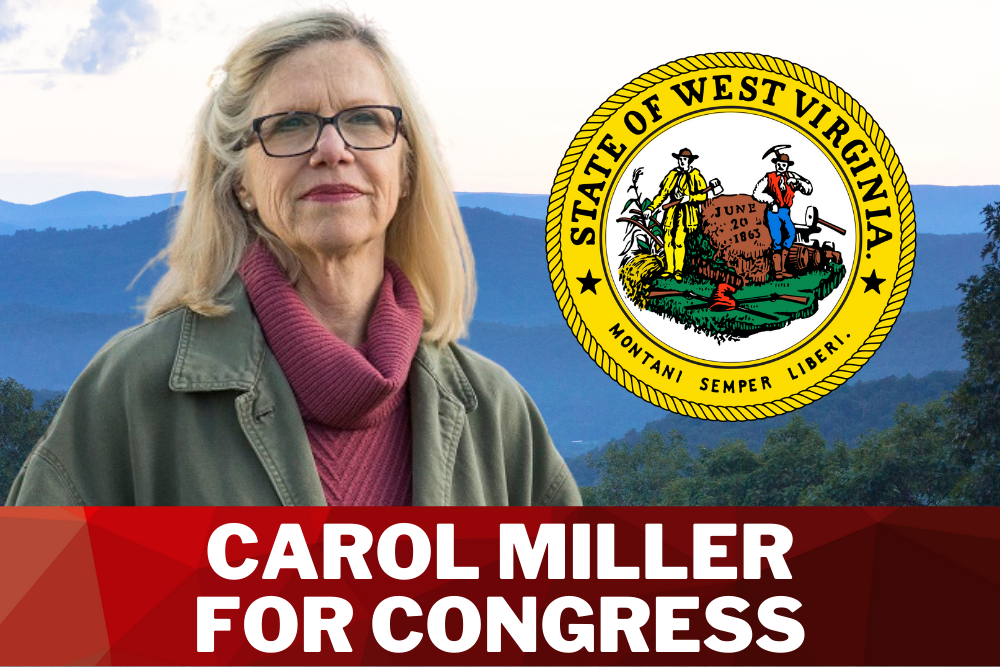WASHINGTON D.C. – Today, in a House Ways and Means Committee hearing on paid leave and child care, Congresswoman Carol Miller (R-WV) told the story of Wendy McCuskey, a mother and small business owner in Charleston, West Virginia. Because of school closures during the COVID-19 pandemic, Wendy has struggled to operate her local women's boutique and care for her two young daughters at the same time.
In the hearing, Congresswoman Miller described, in part, "Since the onset of the pandemic, [Wendy] has been struggling with running her business and caring for her girls. Her six-year-old has been in and out of school since August, and sometimes Wendy isn't notified of the closure until that day. With no growth in her business, and dealing with her daughters at the store, Wendy has difficulty getting anything accomplished. During the time when most businesses have been transitioning into a post COVID market, Wendy barely has time to upload more inventory onto her website."
Additionally, Congresswoman Miller this week joined fellow Ways and Means Republican Rep. Jackie Walorski (R-IN) to introduce legislation to help West Virginia families. The Working Families Childcare Access Act would give working families more flexibility to pay for child care by allowing parents to contribute more to their employer-sponsored dependent care flexible spending account (FSA) and to roll over unused funds at the end of the year. This legislation would also expand eligible expenses to include adoption, tutoring, sports activities, and art and music programs.
By making sure working families have access to child care – and providing them flexible ways to pay for it – this legislation would ensure American working parents have the freedom to maintain their profession and keep their business open while navigating the challenges of the COVID-19 pandemic, like school closures and lack of child care.
Watch Congresswoman Miller's full Committee remarks here.
Background:
The Working Families Childcare Access Act would benefit working families by:
- Increasing annual contribution limits: In order to help offset the rising costs of child care, the bill would increase the annual contribution limit to $15,000, tripling the current inadequate limit of $5,000.
- Eliminating the burdensome "use-or-lose" rule: Working parents should not be penalized for putting money aside for child care during uncertain times. The legislation would allow them to roll over unused FSA funds into the following year without penalty.
- Expanding qualified expenses: The legislation would give parents more flexibility to use their dependent care FSA funds for adoption expenses, tutoring, sports activities, and art and music programs.
- Raising age limits: In order to ensure parents can save for child care and related expenses over a longer period of time, the bill would allow FSA funds to be used for children and dependents up to age 15, an increase from the current age limit of 23.
Original source can be found here.


